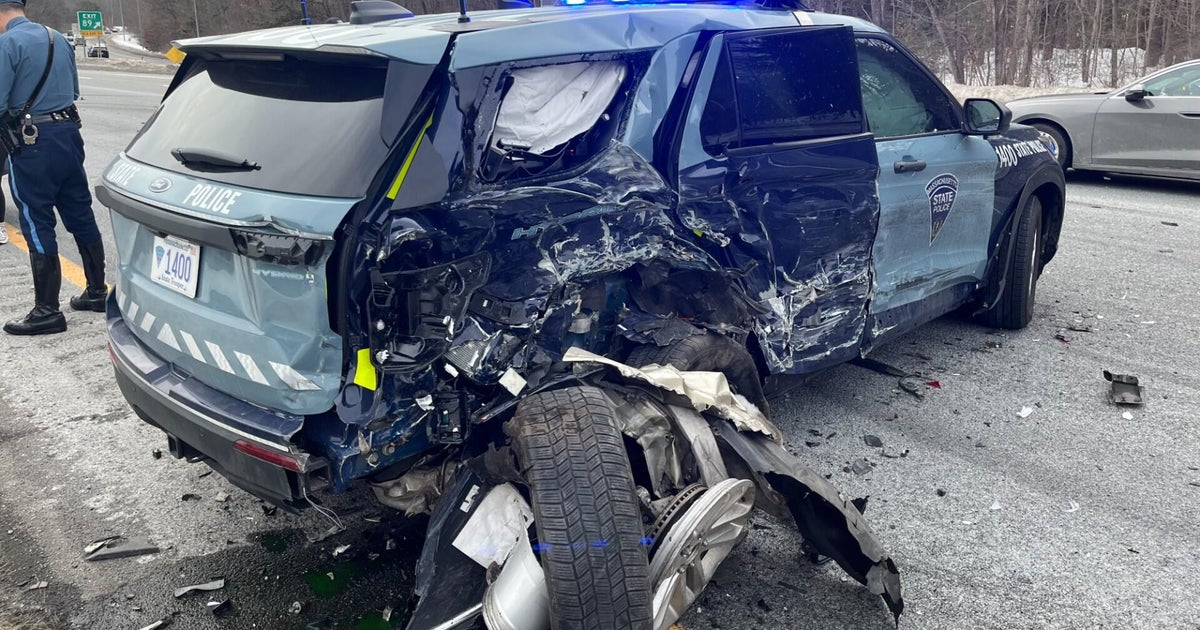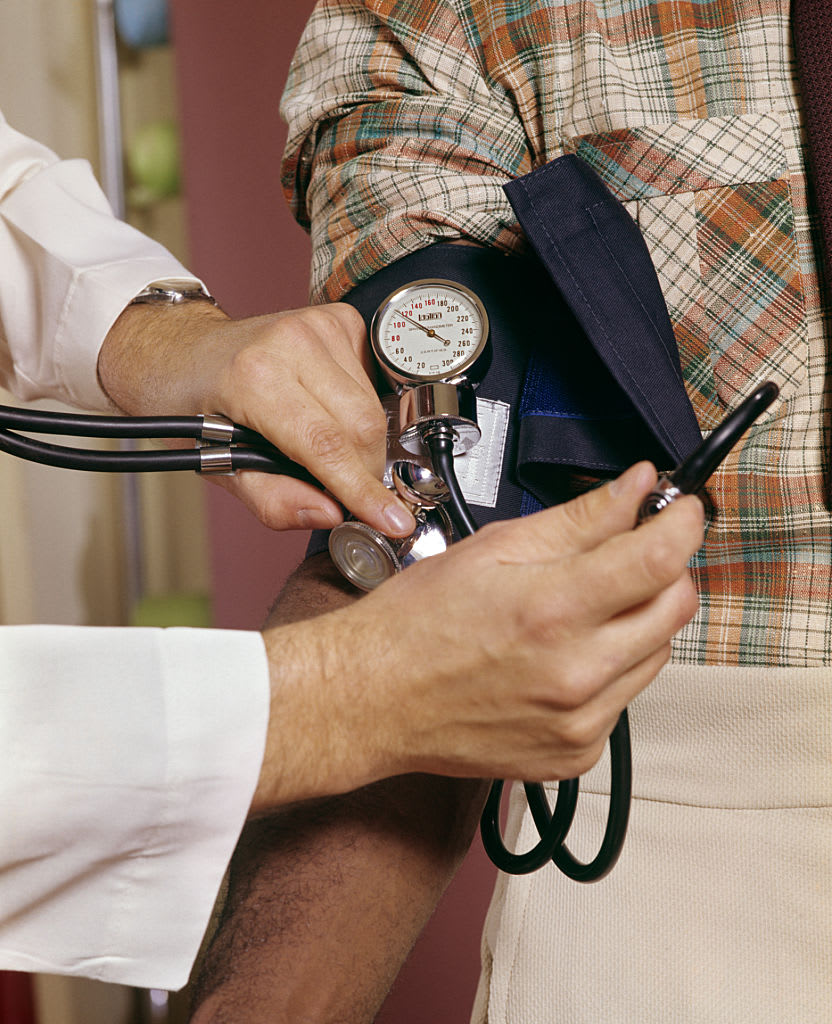Hit with a shockingly high ambulance bill? Here's what to do.
How quickly an ambulance arrives on the scene can spell the difference life and death, yet for those facing a medical emergency a speedy trip to the ER often leads to a surprise, and shockingly high, bill.
In roughly half of ambulance trips, the service is out of network and not covered by insurance, according to U.S. PIRG Education Fund. Those bills carried a median out-of-pocket balance of $450, while in some states they averaged more than $1,000, according to research cited by the non-profit group. That's because when people dial 911, the dispatcher sends whatever emergency medical transport services are most readily available.
"Nobody should be asking about coverage — you just want the closest response," Patricia Kelmar, senior director of health care campaigns at U.S. PIRG, told CBS MoneyWatch. "Always call, don't try to second guess it."
What the law says
The federal No Surprises Act protects people from many types of out-of-network health care bills, including unexpected charges for ER services, air ambulances and most out-of-network care at in-network facilities.
Yet that law, passed by Congress in late 2020, doesn't address ground ambulances, an industry in which so-called balance billing — in which patients are charged the difference between the in-network and out-of-network rate — is the prevailing practice.
For instance, the law didn't prevent one family from getting hit with a $97,599 bill for an 86 mile air ambulance flight to San Francisco from Salinas, California, to get specialized care for a baby fighting for his life. That's because health plans determine what care is "medically necessary," and insurers get to define what that means in each case.
Another such case involved a rural Tennessee resident who died at 70 at Vanderbilt University Medical Center in Nashville last year, leaving being a early $82,000 air ambulance bill that her estate was expected to pay.
And, while 18 states have enacted protections against surprise ambulance billing, the laws only cover people in state-regulated insurance plans, with federal action needed to extend the protections to those with private employer-sponsored coverage, which is about 65% of the country.
Many communities contract EMT services from one provider, and unless it has an agreement with a person's insurer, the service would be 100% out of network, Kelmar said. Additionally, patients transported from one hospital to another are basically at the mercy of medical staff, who are not necessarily focused on what is covered by insurance.
Asked how to avoid such a scenario, Kelmar replied that "it may not be possible. If you call 911, they send who is available." Indeed, she strongly advises that people get get the emergency care they need and then deal with the bills.
Get an itemized bill, then negotiate
But when consumers do get hit with an exorbitant ambulance bill, there are several steps people should take, Kelmar told CBS MoneyWatch.
1. Get an itemized bill. That's essential for identifying and potentially challenging individual charges. Towns typically negotiate mileage rates, and if you find a community two miles down the road with a lower rate, you can suggest paying that rate instead.
2. Negotiate. It can be hard to get patients to pay for ambulance services, so if a person is willing to cover even a portion, some companies are willing to bargain.
"Talk about your financial situation, tell them, 'I'm on this kind of budget, that I've been out of work X number of days'," she said.
Ambulance providers are often willing to cut a deal, such as 40% off in a person pays by the end of the day, said Kelmar, who advised putting such charges on a high-interest credit card.
3. Make sure the bill went through insurance. Even out-of-network, insurance plans would pay a portion akin to a negotiated rate, so make sure that has occurred.
"In the course of an emergency, sometimes the ambulance doesn't get your insurance or the hospital is not forthcoming, so you want to verify that the bill has been run through insurance. Sometimes the ambulance bills you the very next day, so verify that this is the final bill," Kelmar said.
4. Go back to your insurance company and ask them to pay more. "That's also an important call to make," Kelmar said. "Then you can tell the ambulance company you are trying to get them more money."



